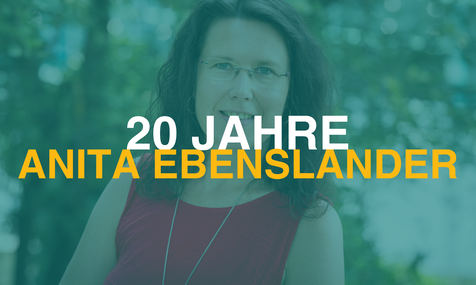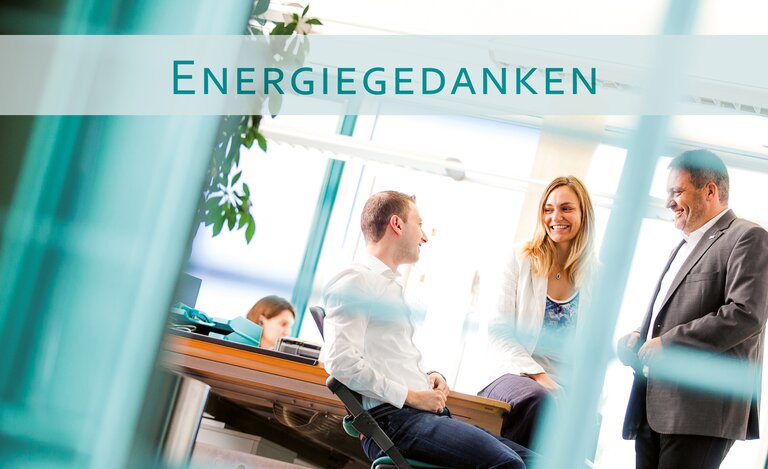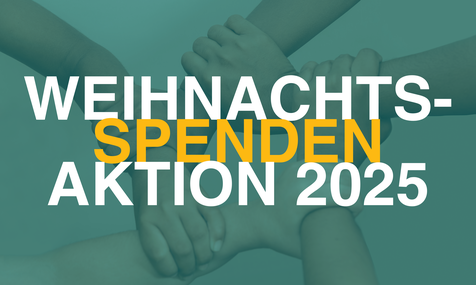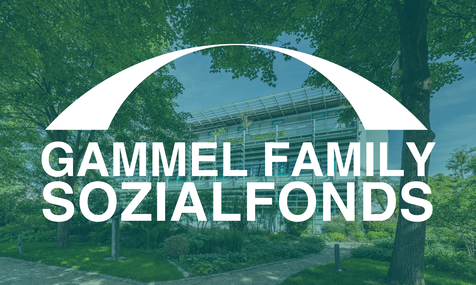The power line scam - dishonest arguments for expanding the electricity grid
Since the German Chancellor performed her double somersault backwards to phase out nuclear power in Germany after the nuclear disaster in Fukushima in 2011, the word "energy transition" has been a killer argument. When a politician proposes something, you get the feeling that there is "no alternative" for him (or her): a word that Angela Merkel also likes to use.
There are alternatives: a decentralized energy supply, to which Gammel Engineering, for example, can contribute a great deal, is much safer than insisting on centralized generation structures. However, the responsible politicians have not even considered such arguments since the nuclear disaster in Fukushima: They are continuing - and even increasing! - on large-scale power plants. In any case, there is hardly any talk of phasing out coal-fired power generation on the government side.
There are even voices such as that of Detlef Radke, CDU spokesperson for the environment in the Saxony-Anhalt state parliament, who states - albeit ironically, as he emphasizes: "Purely decentralized energy generation is impossible according to the current state of technology. If you want this, you have to stick with nuclear energy."
There are studies by the VDE or Prognos that speak precisely of this "impossible" decentralization with solar, wind and bio-electricity: Fewer new transmission lines would have to be built, fewer citizen protests would be the result and, of course, lower costs from an economic perspective.
But what are the federal and Bavarian answers to the criticism of expensive transmission lines with pylons as high as church towers? No, not the time-consuming examination of the possibilities of decentralized energy conversion. It's the conjuring away of extra-high voltage lines: Direct current lines that run from a starting point to an end point without the possibility of connecting or disconnecting electricity along the way should go underground. Out of sight, out of mind? The fact that they can also be used to transport brown coal power from the east to the south of Germany is also covered up. This is not a future-oriented, sustainable energy policy. What is currently happening does not even deserve to be called a "concept".
Thank goodness there are still enough people who are not impressed by such cloaks of secrecy about power lines and "old" energies: Especially in the Upper Palatinate and Franconia, in many towns and communities, you can find these people. But as is usually the case, these thinkers are not among the loudest voices in our country. Will politicians ever listen to quiet tones?
Book recommendation for "quiet resistance" : Worldquake, Gabor Steingart http://www.gaborsteingart.com/buch/weltbeben/
(Author: ZukunftsEnergie-Team Gammel)



